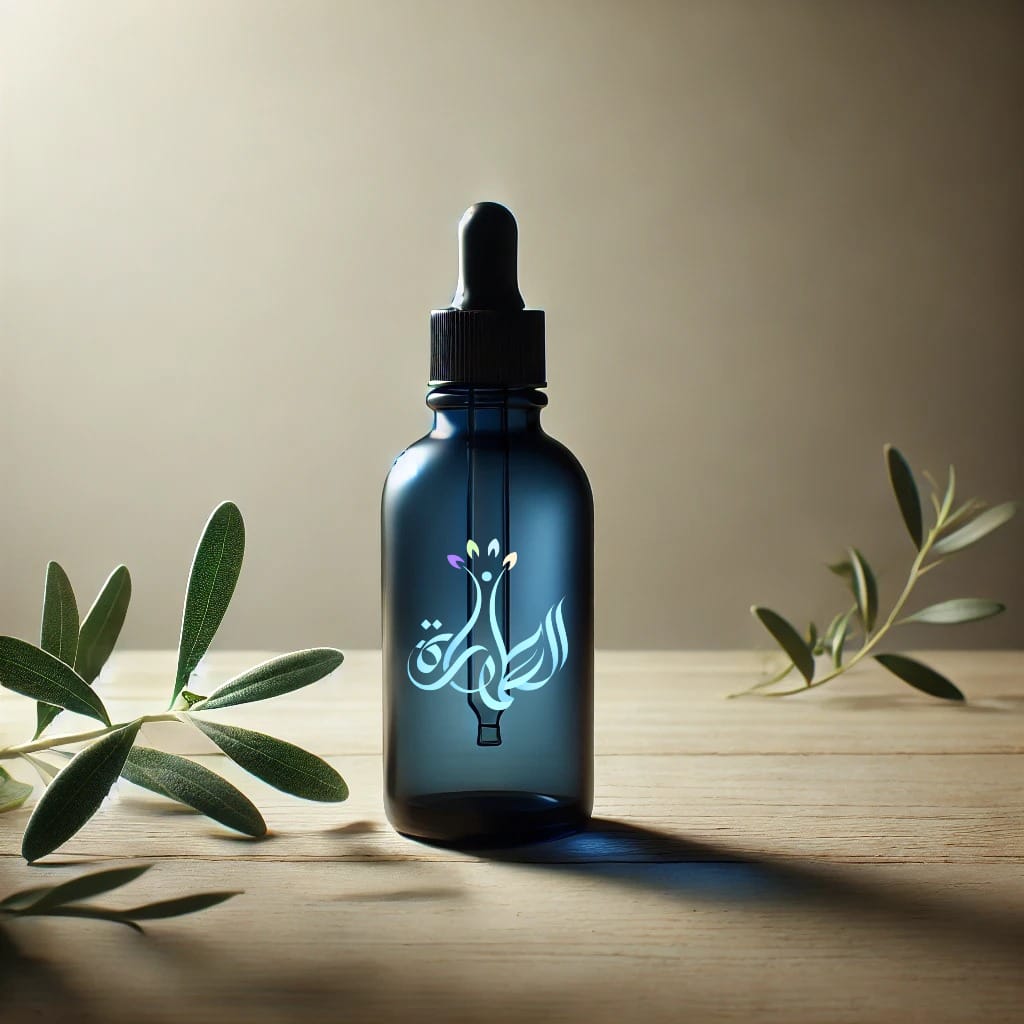
Tahara
Derived from the Arabic word for purity, Tahara signifies cleanliness and spiritual sanctity in Islam. It embodies the essence of physical, emotional, and spiritual purification, serving as a foundation for a balanced and harmonious life. Rooted in the Quran and Sunnah, Tahara Healing offers holistic Islamic Ruqyah focused on nurturing the mind, body, and soul for overall well-being and spiritual balance.
TYPES OF RUQYAH AND ITS CONDITIONS
-

-
Ruqyah Shar'iyyah
An Islamic healing practice involving Qur'anic recitation, authentic supplications, and seeking help from Allah alone, free from any form of shirk.
-
Ruqyah Shirk'iyyah
A forbidden form of healing that involves invoking or seeking help from entities other than Allah, such as jinn, magicians, or amulets, leading to sin and destruction.
Ruqyah Oil
Ruqyah oil is a natural remedy infused with the power of Quranic verses and supplications. It is believed to provide relief from various ailments, including those caused by the evil eye, black magic, and spiritual distress. Ruqyah oil is typically applied to the body while reciting specific Quranic verses, seeking protection and healing from Allah Almighty.
View full details

Ruqyah Shar'iyyah
This is Ruqyah that is free from any forms of shirk (associating partners with Allah) and revolves around recitation of the Qur'an, the use of authentic supplications and the seeking of assistance and refuge in Allaah (SWT) alone. Ruqyah Shar'iyyah should meet 3 conditions as mentioned by the scholars, and it is from their consensus that the legalisation of Ruqyah is achieved when the 3 conditions are met. They are:
- It must be with the words of Allah (Qur'an), his names and his attributes.
- It must be in the Arabic language or a language that is clearly understood by the people.
- To believe that the Ruqyah being done has no benefit by itself, but the benefits and cure are from Allaah alone.
Evidence in Hadith
These conditions can be found in 'Fath Al- Bari' and in the sayings of Shaykh al-Islam Ibn Taymiyyah concerning healing the one who is possessed. Evidence can be found in the Sunnah of the Prophet صلى الله عليه وسلم in regards to Ruqyah being alloed; this is encouraged in the following Hadith:
Awf Ibn Malik al-Ashja'i (RAA) narrated that he said to the Prophet: "O Allah's Messenger! We used to do Ruqyah during the days of Jahiliyyah (pre-islamic era). What do you think of that?" He replied: "Present your Ruqyah to me; there is nothing wrong with it as long as it does not involve Shirk." (Sahih Muslim) Therefore, Ruqyah Shar'iyyah is permissible and legal in Islam."

Ruqyah Shirk'iyyah
This type of Ruqyah leads to sin and destruction upon the individual as it involves calling upon other than Allah (SWT). It entails seeking assistance from the Jinn, Magicians, Horoscopes, Charms & Amulets etc. Therefore, it is clear that its practice is completely forbidden in Islam, which is evident from the above Hadeeth of the Prophet صلى الله عليه وسلم .


